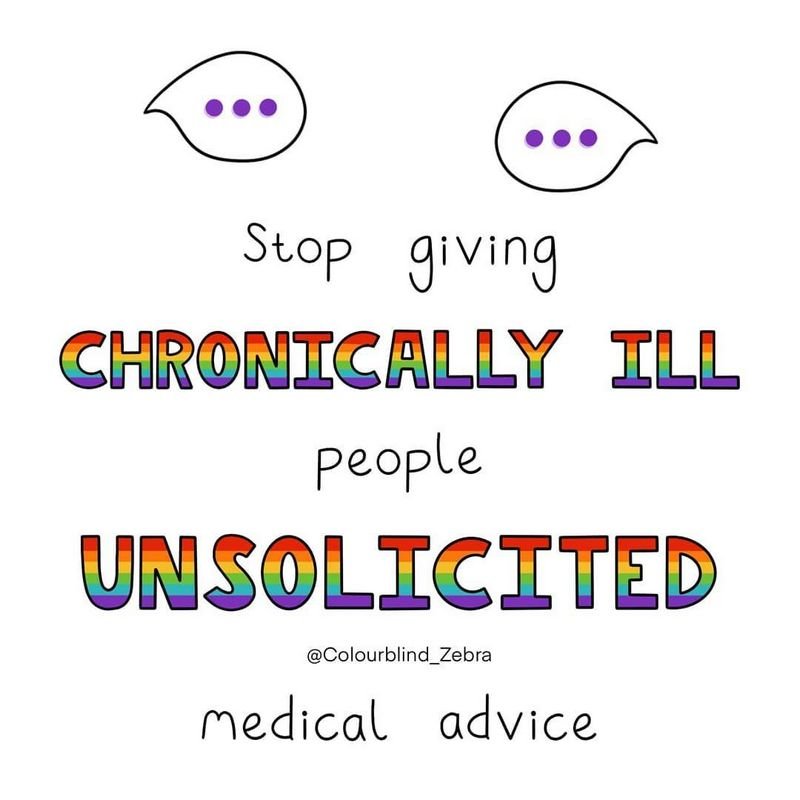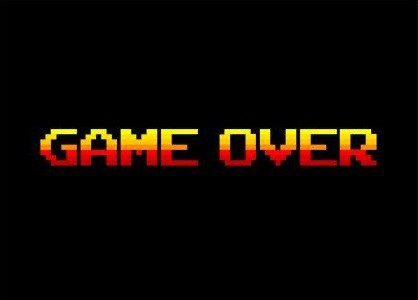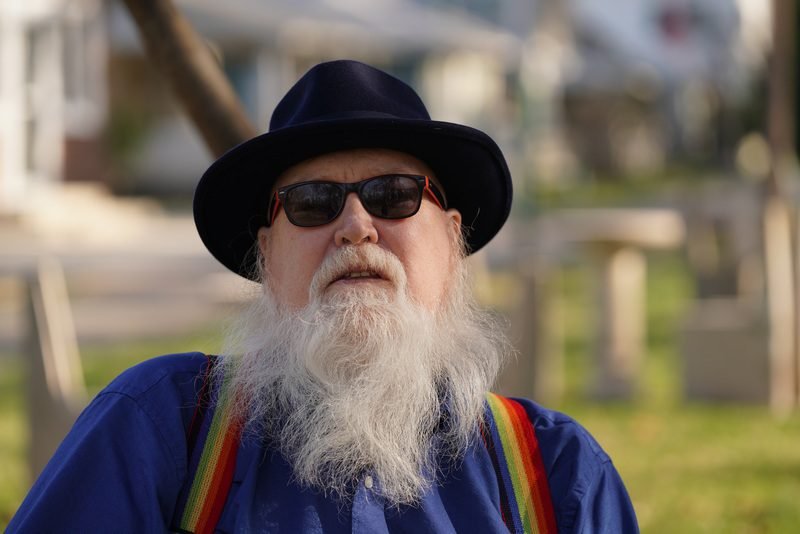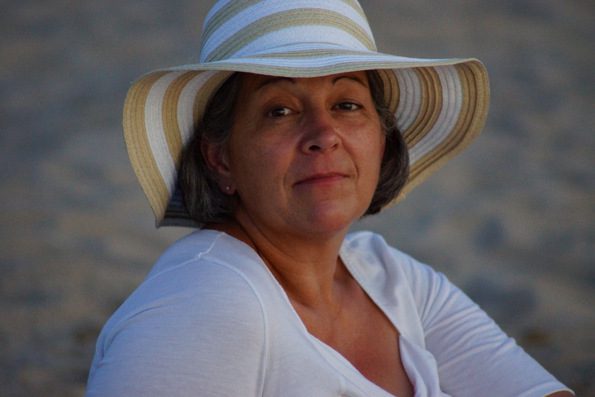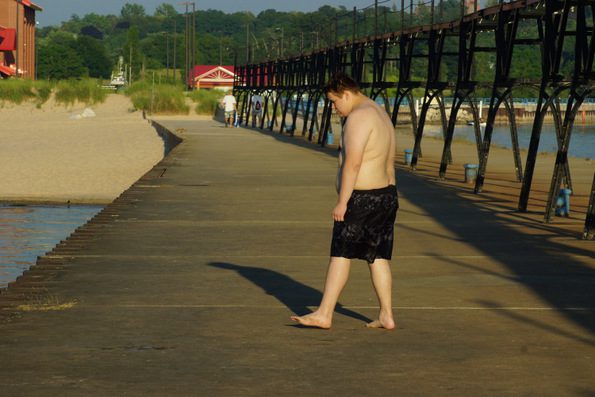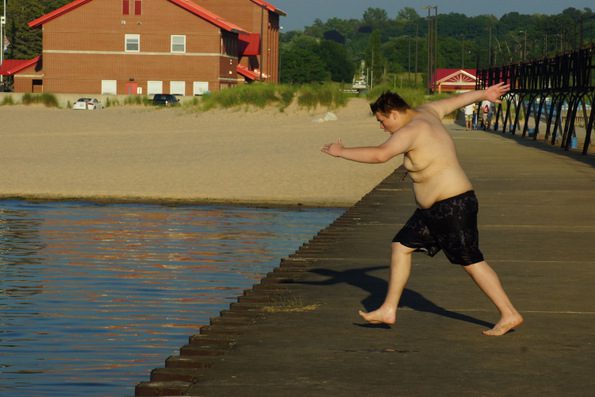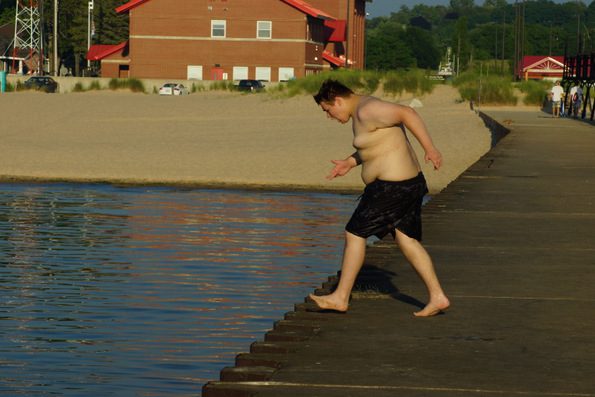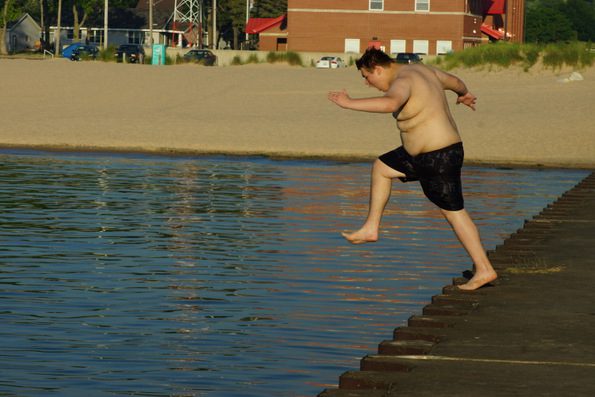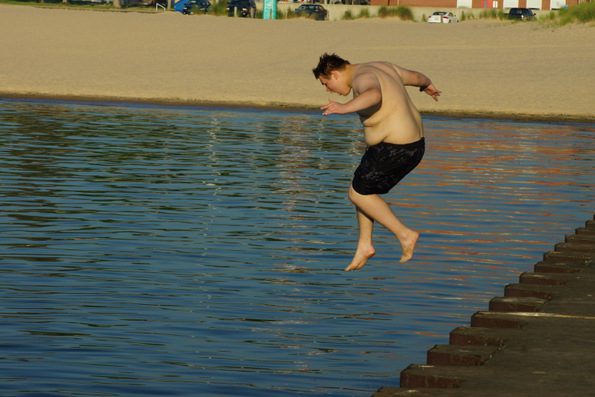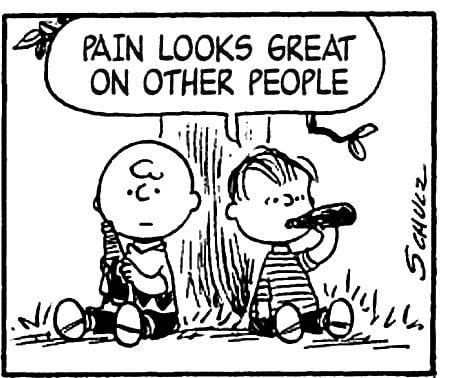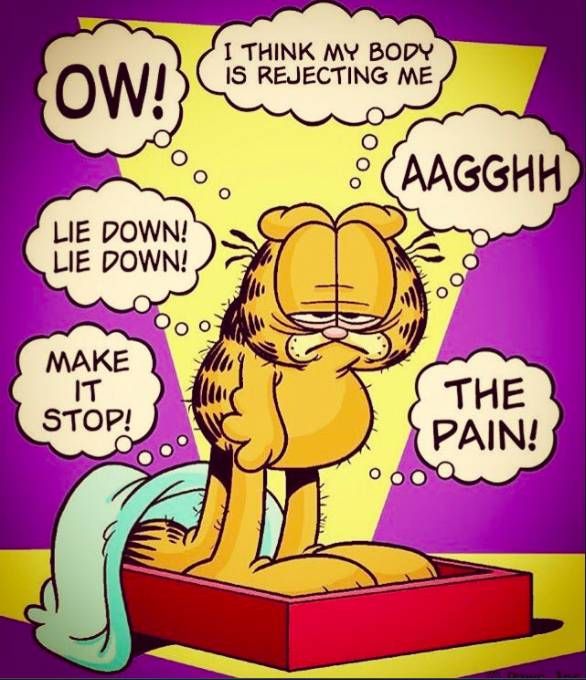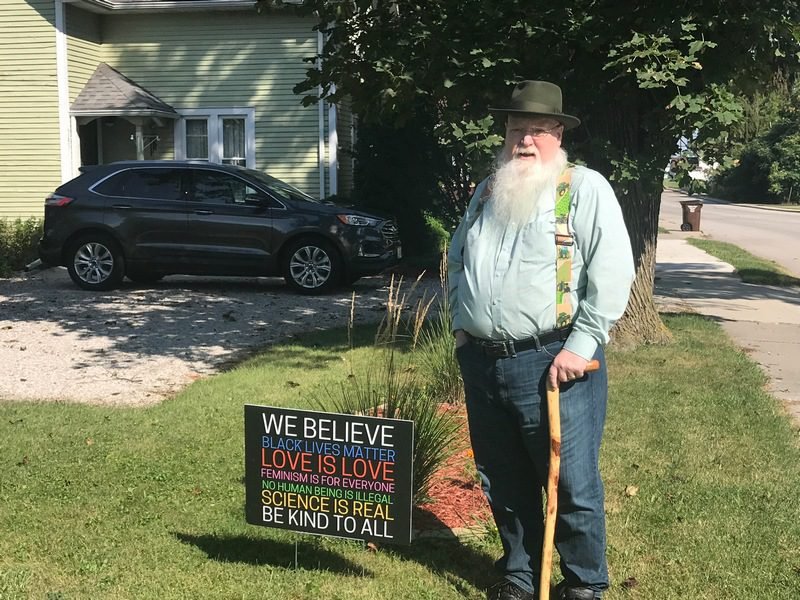
The old man and his wife pull into the store parking lot. The ride to Toledo from their home in Ney was excruciating for the old man. Wracked with pain, the old man felt every bump, thump, and bang as they drove down Toledo’s neglected streets. Narcotic pain medication helps, but nothing takes the pain away. Healthy people are often ignorant about how pain meds work. They wrongly think that taking drugs such as Hydrocodone or Oxycontin makes pain go away. Two Vicodin, thirty minutes, and voila! pain magically disappears. Or so people think. People with chronic pain know better; pain meds reduce pain, but don’t make it disappear. The old man had taken extra pain medications, preparing for the hour ride to the Glass City and back.
A recent MRI report said:
- Disc herniation (T7,T8)
- Disc herniation (T6,T7)
- Central spinal canal stenosis (T9/T10, T10/T11)
- Foraminal stenosis (T5,T6)
- Disc degeneration/spondylosis (T1/T2 through T10/T11)
- Facet Arthropathy throughout the spine, particularly at T2/T3, T3/T4, T5/T6, and T7/T8 through the T12/L1 levels.
- Hypertrophic arthropathy at T9/T10
These diagnoses gave voice to the excruciating pain the old man had in his thoracic spine for months. Yet, this diagnosis drove the old man further into the throes of depression. Fibromyalgia, osteoarthritis, gastroparesis, and now serious back problems. “Does it ever end?” the old man wonders, knowing that the answer to his existential question was “no.” No cure. No pain-free days. No better tomorrow. Just pain, suffering, and struggling with death in the hope of living another day.
The old woman parked the car, opening her door, and walking to the raised hatch on the back of their SUV. The old man no longer drives, so it’s up to the old woman to drive them everywhere they go. The old man partially opens his door, pushing it open with his cane. Then, with great difficulty, he stands up and then haltingly walks to the back of the car.
The old man and woman knew this day would come, the day when the old man finally gave in and gave up, resigning himself to using a wheelchair full-time. The old man’s pain and debility is such that walking is difficult and dangerous (risking falls and injuries). Unable to pick up more than a pound or two, the old man cannot remove his wheelchair from the trunk of their car. The old woman carries so much of the old man’s weight these days, yet she never says a word. Forty-three years ago, she stood before God and man and said to her husband:
I, Polly Shope, take thee, Bruce Gerencser, to be my wedded Husband, to have and to hold from this day forward, for better for worse, for richer for poorer, in sickness and in health, to love, cherish, and to obey, till death us do part, according to God’s holy ordinance; and thereto I give thee my troth.
Little did she know what these words would mean in the years to come.
The old woman has her own health problems. Two major bowel surgeries, A-fib, knee problems, all in the past three years. She needs to retire, but she can’t. The old man needs health insurance. Without it, medical bills would bankrupt them. Even with insurance, they paid over $40,000 over the past five years for health care.
The old woman pulled the wheelchair from the car, pushing on the wheelchair’s arms to expand its seat. She puts a gel cushion on the seat and a bedroom pillow she brought from home where the old man will soon put his back. “Where are the feet?” the old woman says to her thirty-one-year-old daughter with Down syndrome. She already knows the answer to her question. The feet for the wheelchair are sitting on the dining room floor, fifty miles away.
Without the feet, the old man can’t use the wheelchair. “I’ll just walk,” he tells the old woman. “I can do it,” he says, seeing the doubt and worry in the old woman’s eyes.
Sure enough, by the time the old man reaches the front door of the store, he knows he will be unable to walk its aisles. “Fuck,” the old man says in the way only the old woman understands. Not far from the couple is the answer to the old man’s inability to walk. “Nope. I am not going to do it. Goddammit, no! What will people think of me? I’m not a cripple. Dammit! I’m just as strong as I was in my athletic days.” The old man struggles in his mind with accepting things as they are, and not as he wishes they were. He lives according to the mantra, “it is what it is.” The old man knows he is facing yet another “it is what it is” moment.
Finally, the old man walks over to the battery-powered carts. The old woman had begged him to use one of the carts when they were shopping for several years. He refused, too prideful to ride around the store in a beeping advertisement that screamed he was a cripple. Today, it was the old man’s Waterloo. Either the old man will sit in the car while the old woman shops, or he will swallow his pride and use a cart.
The old man sits down on the cart, and soon he’s driving the store’s aisles. While using a cart solved the old man’s “walking” problem, its sudden starting and stopping only increased his pain. The wheelchair with its feet attached will be his chariot the next time he and the old woman go shopping. What changed this day was how the old man viewed and understood his future. Sometimes, giving in is the only thing you can do. The old man learned that he would have to sacrifice his pride if he wanted to “live.”
Bruce Gerencser, 68, lives in rural Northwest Ohio with his wife of 47 years. He and his wife have six grown children and sixteen grandchildren. Bruce pastored Evangelical churches for twenty-five years in Ohio, Texas, and Michigan. Bruce left the ministry in 2005, and in 2008 he left Christianity. Bruce is now a humanist and an atheist.
Your comments are welcome and appreciated. All first-time comments are moderated. Please read the commenting rules before commenting.
You can email Bruce via the Contact Form.

